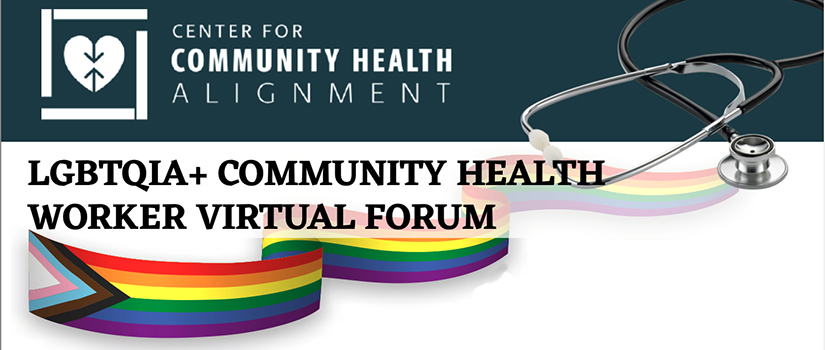Overview
Our project, developed in partnership with the Arnold School of Public Health’s Center for Community Health Alignment and a statewide advisory board of field experts, sought to understand how LGBTQIA+ community health workers (CHWs) create, seek, use, and share health information. The project facilitated the health-related information sharing skills of CHWs through culturally-tailored training and a partnership with medical librarians in their local communities.
Why CHWs
This project responded to a national need to address the health disparities faced by LGBTQIA+ people. Informational barriers complicate these disparities by making it challenging for LGBTQIA+ communities to navigate health care systems and learn how to address their health needs.
In our prior research , we found that SC LGBTQIA+ communities often rely on leaders within the community to bridge gaps in information between community members and outside health professionals. Our research will leverage what these leaders are already doing, training them to become CHWs. CHWs are trusted community members with valuable insight into the community's health needs. They serve as critical points of support and access for health information and resources within their communities. We want to train SC LGBTQIA+ leaders as CHWs, so that they can have the tools they need to continue supporting community health. Training and curriculum components will be developed in collaboration with the Arnold School of Public Health’s Center for Community Health Alignment.
Why Medical Librarians
One of the key roles CHWs play in their communities is providing informational support. CHWs may deliver educational presentations, give suggestions and referrals, help community members understand medical advice, and collect data. New CHWs might face some of the same informational barriers experienced by LGBTQIA+ individuals.
To address these barriers, CHWs partnered with medical librarians from SC. Medical librarians have a rich history of collaborating with medical practitioners and public health professionals like CHWs. Medical librarians assist these professionals with a variety of activities centered on how to access, find, evaluate, disseminate, and manage valuable health information. For this project, medical librarians assisted CHWs with a specific project: creating an informational resource for the CHWs' LGBTQIA+ community.
More Information
This research was supported by a two-year national leadership grant from the Institute of Museum and Library Services (IMLS). The research was a partnership between the University of South Carolina School of Information Science and the Arnold School of Public Health’s Center for Community Health Alignment.
The project narrative provides an in-depth discussion of the project, including its significance, the project design, project members and staff, a diversity plan, and the project’s broad impact.
• We understand that umbrella labels like LGBTQ+ cannot fully capture the variety and multiplicity of ways that people identify themselves, and also can have racial and class-based connotations (among other identity intersections). We use this umbrella label not as a way to exclude identities not named (e.g., asexual, pansexual, genderqueer, etc.) or that intersect with sex, gender, and sexuality (e.g., race, class, ability, etc.) but for its cultural intelligibility. For this project, we want to represent the perspectives of people who have genders and sexualities considered non-normative by dominant, Western culture. If you have any questions or concerns about the labeling we are using for this study please Contact Us.
